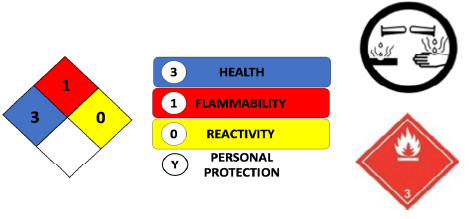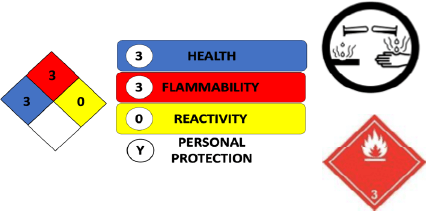By Sebastian Guenther
•
April 1, 2022
Apollo started treating for Parsley on 11/20/2020. At first Apollo started on Whiskey River 19.5 and Whiskey River 5.8. Both of these batteries are in the upper limits of H2S for Parsley. WR 19.5 runs between 80,000-120,000 ppm of H2S and the WR 5.8 runs between 40,000-50,000 ppm of H2S. Apollo treated these wells successfully for 6 months with its patented Apcotane™ product. As Parsley was transitioning into Pioneer Apollo received 14 additional batteries 1. Pecan State B-CH 2. Pecan State C-FH 3. Redbud State KH 4. Redbud State MH 5. Trees Ranch 35-38H 6. Trees State 14-15H 7. Trees State 23-26H 8. Trees State 24-25H 9. Trees State 29-28H 10. Trees State 50-47H 11. Trees State 52-53H 12. UTL Section 30 CTB H 13. UTL Section 44H TB 14. Whiskey River 59H Apollo brought these batteries online at the end of May 2021. Apollo has successfully been able to treat and meet spec over this time frame. Treating these batteries is a unique application in that there is no sales tank. Meaning treatment is applied and then recontaminated with H2S laden oil. For example, the UTL 44 has an oil load line and the lact line a few feet apart but the same height as the tanks. This created a situation in which the oil would have to be overtreated at the circulating pump due to Apcotane™ high specific of gravity. If chemistry was applied on load line, chemistry would not get proper mixing and would fall to bottom of gun barrel tank and into the water cut. Due to this, Apollo did see some issues with the water phase becoming an elevated PH and having solids fall out. Apollo along with Jonathon Poe of Parsley/Pioneer made some suggestions of adding a sales tank. Due to timing they decided not to go with this application. Apollo and Pioneer agreed to add static mixers which would help the mixing capabilities and greatly reduce/eliminate unspent Apcotane™ going in the water column. Static Mixers (for WR 19.5, WR 5.8, UTL 30, UTL 44 and WR 59H) were spec’d and ordered for the aforementioned batteries. With the timing of the purchase by Continental these mixers have not been deployed in the field. Apollo also has an additional oilsoluble chemistry (Vap-X™ Oil Blend) that it has deployed with the Trees 24-25 and Trees 23-26 for over a month since the Continental purchase. The chemistry is working very well with zero issues. We feel with the use of the Vap-X™ Oil Blend chemistry along with the static mixers we would be able to greatly reduce dosage rates as well as adverse problems associated with the application. The UTL 30 and UTL 44 oil production has fallen off drastically since Apollo treatment ceased. Based on the numbers Apollo feels it could bring roughly an additional 3500 bbl. online per day at UTL 44 now utilizing Vap-X™ Oil blend as well as an additional 1500 bbl. at the UTL 30. This increase of 5,000 bbl. a day could be realized immediately. Also, the specs of the oil when Apollo was treating was 100 ppm that has since been adjusted to 1000 ppm which would be a cost benefit to Continental. Apollo is a research and development company that is always striving for continued improvement in our chemistry. Apollo has a state-of-the-art private lab that allows our research scientist to develop and test chemical advancements. Apollo does not offer any off the shelf products that are relabeled. Apollo currently has nine domestic patents, three international patents along with fifty international patents pending. The company also has eleven more patents either in the provisional or pending stage. Apollo sources and blends all its patented and proprietary chemistry in house. Apollo’s chemistry is ground-breaking in the scavenging world in that they have between 20:1 and 40:1 molar ratio when dealing with H2S or CO2. Most other scavengers are 2:1 or best-case scenario 3:1 that is why Apollo’s suite of chemistry utilizes low dosage rates which in turn have the best pricing per bbl. treated. This also will be demonstrated on the dosage comparison sheet. This is an update on the current applications as well as the future applications that Apollo/Pioneer discussed.







